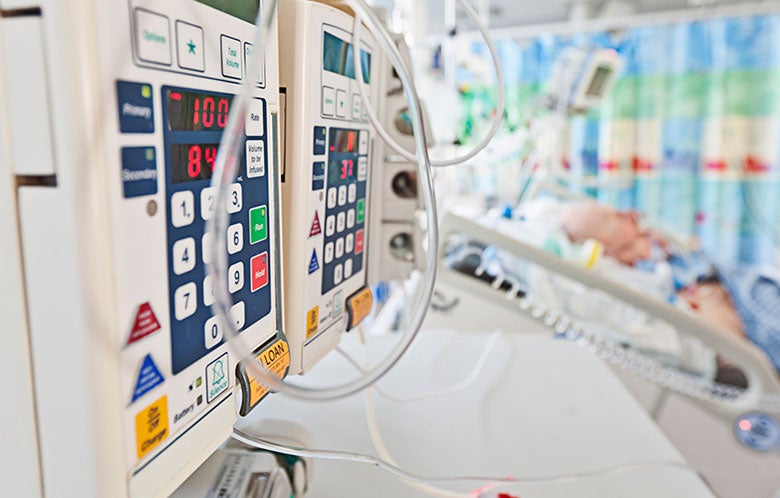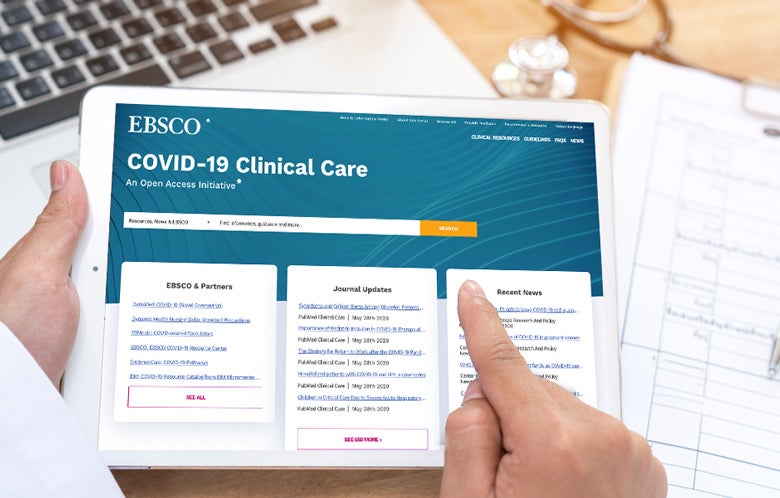Who would have predicted at the beginning of the year that the world would be experiencing an onslaught of unprecedented uncertainty, disappointment, isolation, stress, worry, loss, depression, and grief that would go on well into 2020, and perhaps longer? These are extraordinary times that many of us have never had to face prior to the COVID-19 pandemic. With new physical, economic, and emotional challenges arising from the pandemic, we have seen a mental health crisis unfold in children and adults.
Mental health is vital to physical health, wellbeing, relationships, functioning, and how we feel. Learning to recognize and manage our mental health is vital during more predictable times, and especially during a pandemic. Waves of emotions are actually normal. It is not unusual to feel sad and disappointed about missing a milestone or family celebration and then almost instantly feel grateful for things like economic stability or good health. Shifting emotions are part of life. If feelings of sadness, anxiety, stress or depression start to take over your thoughts or interfere with activities of daily living (e.g., family, work, home, or other responsibilities), it’s time to seek help from a trained professional.
Depression and anxiety are the most common mental health conditions in the world, and often occur in combination. As clinical conditions, depression and anxiety are more than grief, or feeling down or stressed. Depression is a cluster of symptoms that includes feeling sad, unmotivated, or irritable; losing interest in things once enjoyed; or having relationship challenges. Symptoms of clinical depression impact everyday functioning or personal responsibilities, and they last for weeks at a time.
In behavioral medicine, we diagnose clinical depression based on the duration and cluster of symptoms summarized by the acronym, SIGECAPSS.
SIGECAPSS stands for:
S: Subjective mood changes
I: Interests changing
G: Guilt feelings
E: Energy levels changing
C: Concentration difficulties or changes in cognitive status
A: Appetite changes
P: Psychomotor agitation
S: Sleep changes
S: Suicidal ideation
Depression is diagnosed when several of the above symptoms occur for two weeks or longer and have a negative impact on daily life. Be vigilant if you or a loved one have the above symptoms and seek care from a trained behavioral medicine specialist.
Mental health is vital to physical health, wellbeing, relationships, functioning, and how we feel.
Mental health is vital to physical health, wellbeing, relationships, functioning, and how we feel.
It is also important to seek professional evaluation if anxiety becomes more than a passing mood and turns into an overwhelming part of one’s thoughts and feelings that has negative effects on one’s relationships and responsibilities. To diagnose anxiety, we consider whether it is focused on something specific or is more generalized and disproportional to a situation (such as obsessing or envisioning a worst-case scenario). Anxiety can be expressed as worrying thoughts and/or physical symptoms (e.g., butterflies in the stomach, racing heart, or feeling dizzy), and may also include feelings of restlessness or difficulty relaxing. If the symptoms are physical, we work closely with medical providers to rule out possible medical causes. Then we evaluate somatic symptoms to get at the root of the condition.
We can’t have a conversation about mental health without understanding the connection between the mind and the body, and how important this connection is to maintaining physical and emotional health. To demonstrate the mind-body connection, imagine as you are reading this, I give you a slice of a ripe, yellow lemon.
This lemon is oozing with juice. I ask you to put this lemon into your mouth, bite down, and keep it in your mouth. Notice what is happening in your body. Most likely, you are having physical reactions: salivation, tightness in your throat or stomach, maybe a memory of sour or bitter taste that almost seems real. Recognize that you were not physically presented with a lemon, instead you are remembering a lemon experience. Yet the body responds, based on memory. This is the mind-body connection.
When we think, we feel. Thus, negative, or challenging thoughts can wreak havoc on the body. A pounding heart and increased blood supply serves a purpose when trying to escape danger (like running from a tiger) but only during that short period of time, during the chase. When a pounding heart and high blood pressure occur chronically, say due to anxiety, this can impact physical health negatively, so it is important to recognize and manage it.
For the past few years, behavioral medicine and other fields have focused on increasing awareness of the mind-body connection and normalizing the idea that physical and mental health go hand in hand. To have one is to have the other, as mutual beneficiaries of a symbiotic relationship. We have seen efforts to destigmatize mental health conditions and heard professional athletes, coaches, media personalities, actresses and actors talk openly about their mental health and/or a mental health campaign close to their hearts. Open discussion about mental health has helped people recognize their needs for care, and to seek and initiate it. In doing so, they find resources to feel better physically and psychologically and improve relationships.
One of the greatest things to happen for mental health during this pandemic is the shift from in-person to virtual care for mental health practitioners. People can now see a certified therapist virtually on a smartphone or computer. If you or someone you know may benefit from mental health services, reach out to your healthcare provider. It’s important to take time to care for physical and mental health.
Additional resources:
- Log in to view Adjustment Disorder in DynaMed
- Information on stress and coping from Centers for Disease Control and Prevention
- Helpline from National Alliance on Mental Illness (NAMI)
- 1-800-950-NAMI (6264) or info@nami.org
- Monday through Friday, 10 am-6 pm, ET
DynaMed® is EBSCO Information Services’ flagship clinical decision support tool, which provides the most current clinical evidence at the point of care. Rigorous and daily review of medical literature by EBSCO’s physician and specialist staff ensures that timely and objective analysis, synthesis and guidance are at users' fingertips.



